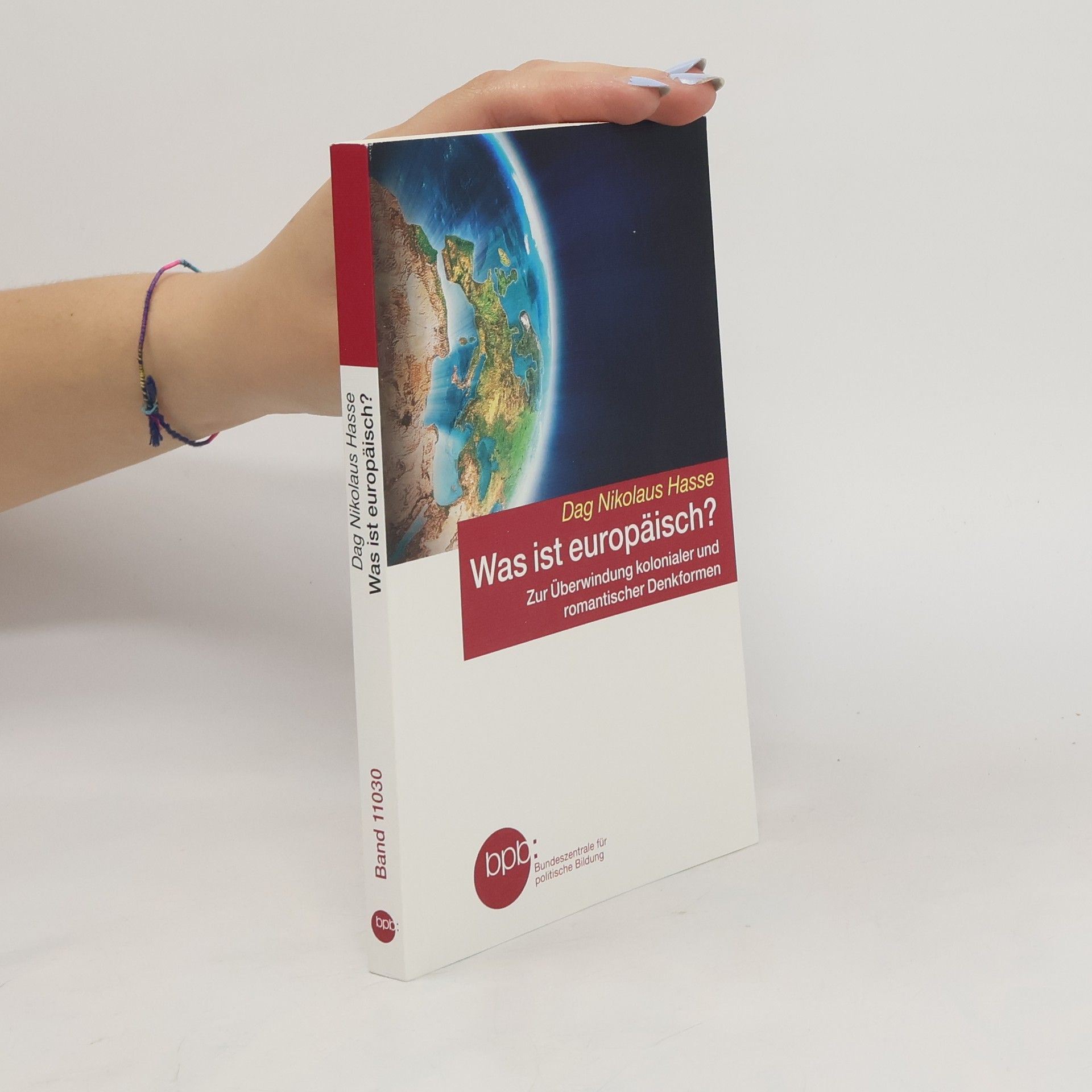Dag Nikolaus Hasse Book order (chronological)
March 3, 1969


Wir verstehen uns als Europäer, doch unsere traditionell verankerte Vorstellung von europäischer Kultur ist fragwürdig. Denn wir schleppen aus der Kolonialzeit und aus der Romantik Ansichten mit, die unseren Blick auf Geschichte und das geopolitische Selbstverständnis eurozentristisch verzerren und die Zukunft unseres Kontinents belasten. Dag Nikolaus Hasse ermutigt zu einem offeneren Nachdenken über Europa, dessen geistige Wurzeln weiter und dessen Verbindungen zu kontinentalen Nachbarn intensiver sind, als viele glauben.